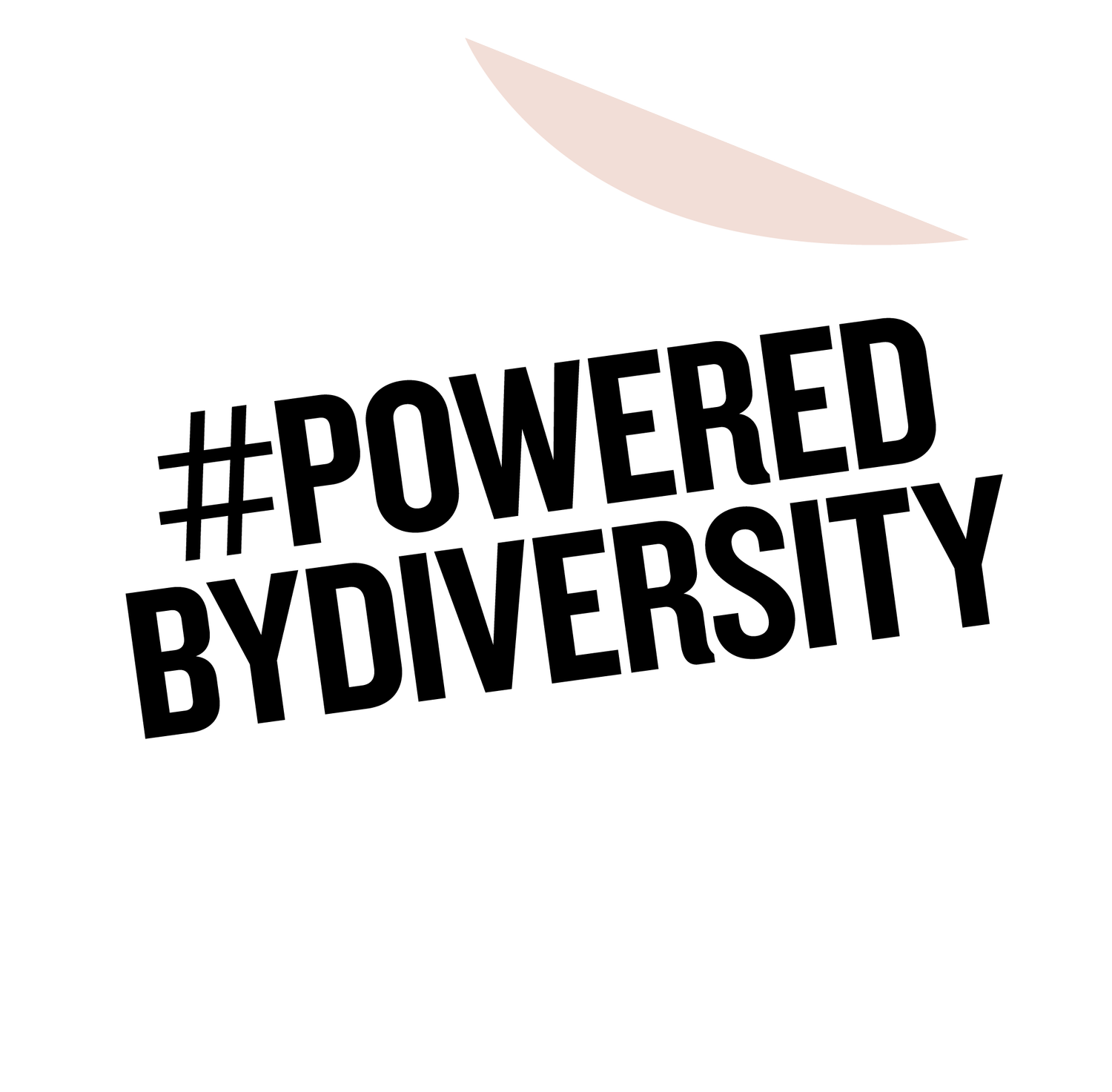Menstrual Health in the Workplace Impacts Everyone
Kirsty Smith - Powered By Diversity Collective
Hormonal symptoms - whether that’s menstrual or menopausal - affects the whole team at work not just the person experiencing the symptoms.
Do you agree or disagree?
I ask all of my clients and workshop participants “who else would benefit from you having a symptomless cycle?” and a close second after significant others is colleagues. We often think of hormonal symptoms as only affecting the person experiencing them but it affects those around them as well.
If your colleague is feeling low mood or snappy how might that affect the team?
If your colleague is in pain and not able to meet your team's deadline, how might that affect the team?
If your colleague is meant to deliver a presentation but is lacking confidence and is crippled with imposter syndrome how might that affect the team?
Supporting women and those that menstruate in the workplace is an important aspect of wellbeing programmes, HR, and H&S policies because it not only helps individuals manage symptoms, but it will also improve team and work culture.
A culture of understanding, and open conversations with adequate flexibility to allow employees to work to their specific capacity on any given day will not only benefit women and those that menstruate, but the majority of employees.
Activities to facilitate culture change in any organisation
Organisations should promote a supportive and open culture where conversations about menstruation and peri/menopause are encouraged and not considered problematic/ taboo. It is beneficial to raise awareness and understanding around menstrual and peri/menopausal wellbeing and their impact in the workplace, not only with senior management but across the wider organisation.
Building awareness helps foster an environment where employees can share their stories and realise that they are not alone in this experience. It also prepares employees who are not yet experiencing peri/menopause, reduces the stigma surrounding menstrual health, and signposts employees to where they can access support.
The BSI guidance on Menstruation, Menstrual Health and Menopause in the Workplace suggest that awareness can be generated through activities such as:
Interactive webinars with expert speakers
Internal workshops in which employees from different teams join focus groups where they then can discuss relevant topics
Awareness sessions for all employees, including guidance on equipping employees to deal with symptoms
Informative events for employees who are indirectly impacted, and/or are supporting others, e.g. male-only informative events to encourage attendance by men, discussion forums for managers
Events targeted at younger employees, e.g. discussions during young professional network meetings
Including menstrual health and peri/menopause as topics for “awareness days and months”.
The practical workplace adjustments and activities recommended here support the existing activities around workplace wellbeing and occupational health and safety initiatives of organisations.
Which of these can your workplace start to incorporate to foster a culture of inclusivity and understanding?
About the author
Kirsty Smith is the Founder of Natural Rays, a wellbeing consultancy passionate about helping organisations develop happy and cohesive teams. As a Functional Medicine Health Coach, Kirsty specialises in hormone and menstrual health. She works with individuals and employers to support women and those that menstruate to better understand their menstrual cycle and how to work with it so that they can have consistent energy, better mood, less brain fog, and the enthusiasm to live the life they have worked so hard to create.
About the Collective
The Powered By Diversity Collective works with Powered By Diversity to produce a wealth of lived experience playbooks, videos and other training materials to give businesses the tools to create a truly equitable, diverse and inclusive workplace.
Further materials (available though subscription to the Powered By Diversity award winning data platform)
Managing the Menopause (video)
Let's Talk Menopause At Work (video)
Real Menopause Talk (publically available podcast)

